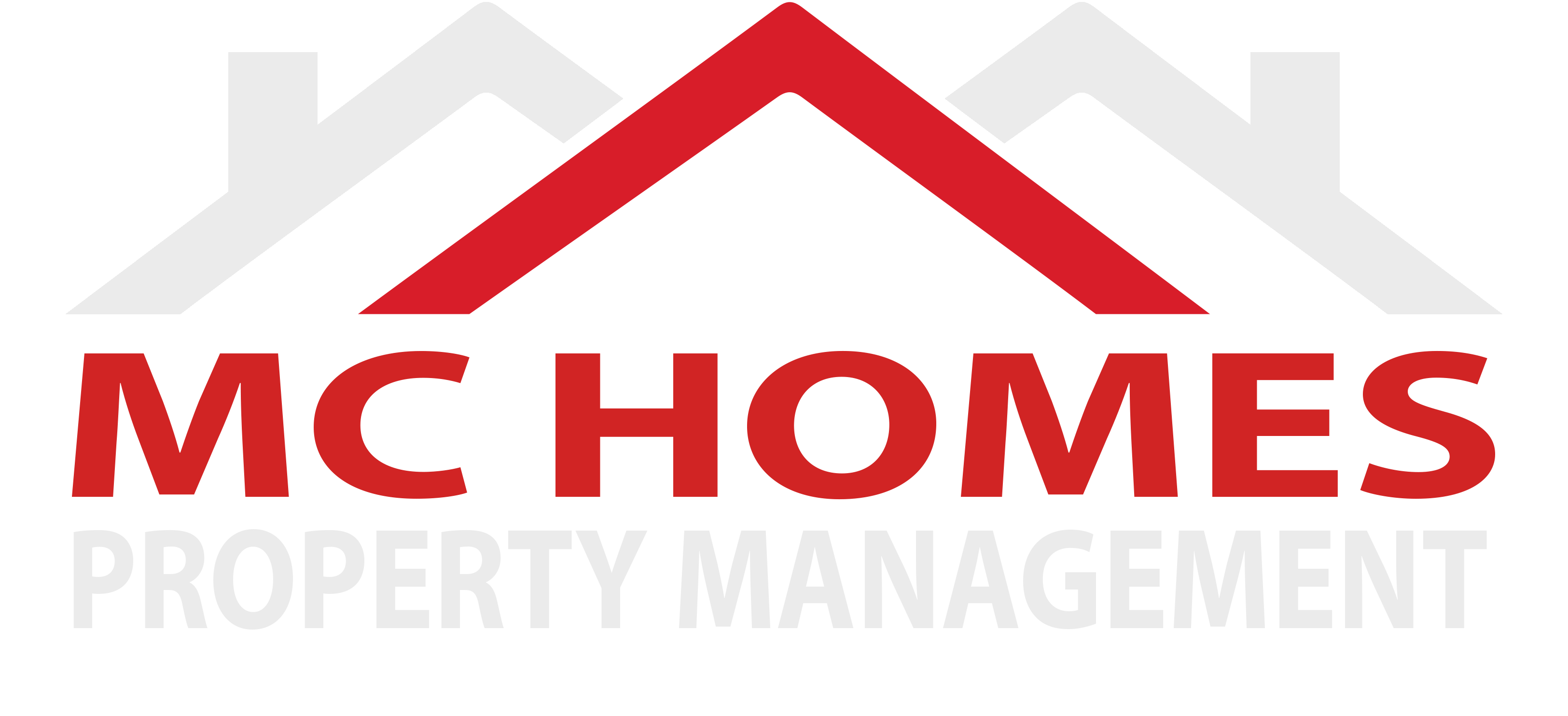7 Essential Steps to Take Before Running for an HOA Board Position

Introduction: Joining the board of a homeowners’ association (HOA) can be a rewarding experience, allowing you to actively contribute to the well-being of your community. However, before running for an HOA board position, it’s important to understand the responsibilities and commitments involved. In this article, we will discuss high SEO search keywords related to running for an HOA board position and outline seven crucial steps you should take to prepare yourself for this role.
- Familiarize Yourself with HOA Operations: a. Review Governing Documents:
- Thoroughly read and understand the HOA’s bylaws, covenants, conditions, and restrictions (CC&Rs), and other governing documents.
- Familiarize yourself with the HOA’s mission, vision, and key policies.
b. Attend HOA Meetings:
- Regularly participate in HOA meetings to gain insight into current issues, discussions, and decision-making processes.
- Take note of ongoing projects, financial matters, and community concerns.
- Build Relationships with Current Board Members: a. Engage in Community Activities:
- Participate in community events and activities to meet and interact with current board members.
- Attend social gatherings, committee meetings, or volunteer for community initiatives.
b. Seek Mentorship:
- Approach board members for guidance and advice on serving in an HOA leadership role.
- Learn from their experiences and ask for recommendations on how to prepare for board service.
- Assess Your Skills and Qualifications: a. Identify Relevant Experience:
- Evaluate your professional background, skills, and expertise that can contribute to the HOA board’s effectiveness.
- Highlight areas such as finance, legal knowledge, project management, communication, or leadership skills.
b. Recognize Time Commitment:
- Understand the time commitment required for board service, including attending meetings, reviewing documents, and participating in community initiatives.
- Ensure you can dedicate sufficient time and energy to fulfill your responsibilities.
- Engage with Community Members: a. Communicate with Homeowners:
- Listen to residents’ concerns, suggestions, and expectations for the HOA.
- Establish open lines of communication to understand the community’s needs.
b. Demonstrate Leadership:
- Engage in constructive conversations, propose ideas, and showcase your commitment to community improvement.
- Demonstrate your ability to represent the interests of homeowners and work collaboratively with diverse perspectives.
- Understand Financial Obligations: a. Review HOA Finances:
- Gain a thorough understanding of the HOA’s financial health, including budgets, assessments, and reserves.
- Familiarize yourself with financial reports, audits, and long-term planning.
b. Assess Financial Literacy:
- Evaluate your knowledge of financial management principles and seek educational resources if needed.
- Consider acquiring skills in budgeting, financial analysis, and risk assessment.
- Prepare a Campaign Strategy: a. Define Your Vision:
- Develop a clear vision and set goals for your tenure on the HOA board.
- Identify key issues or improvements you plan to address, and articulate your plans to homeowners.
b. Communicate Your Platform:
- Create a campaign strategy that outlines your qualifications, goals, and commitment to the community.
- Utilize various communication channels, such as newsletters, websites, or social media, to reach homeowners.
- Participate in Board Elections: a. Submit Your Candidacy:
- Follow the HOA’s procedures for submitting your candidacy for an HOA board position.
- Ensure you meet all eligibility requirements and submit the necessary documentation within the specified timeframe.
b. Engage in the Election Process:
- Participate actively in the election process by attending candidate forums or homeowner meetings.
- Respectfully engage with other candidates and homeowners, promoting a fair and transparent election.
Conclusion: Running for an HOA board position requires careful preparation and a genuine commitment to serving your community. By familiarizing yourself with HOA operations, building relationships with current board members, assessing your qualifications, engaging with community members, understanding financial obligations, preparing a campaign strategy, and actively participating in board elections, you can position yourself as a capable and dedicated candidate. Taking these steps will not only increase your chances of election but also ensure a smoother transition into your role as an HOA board member.


Comments are closed